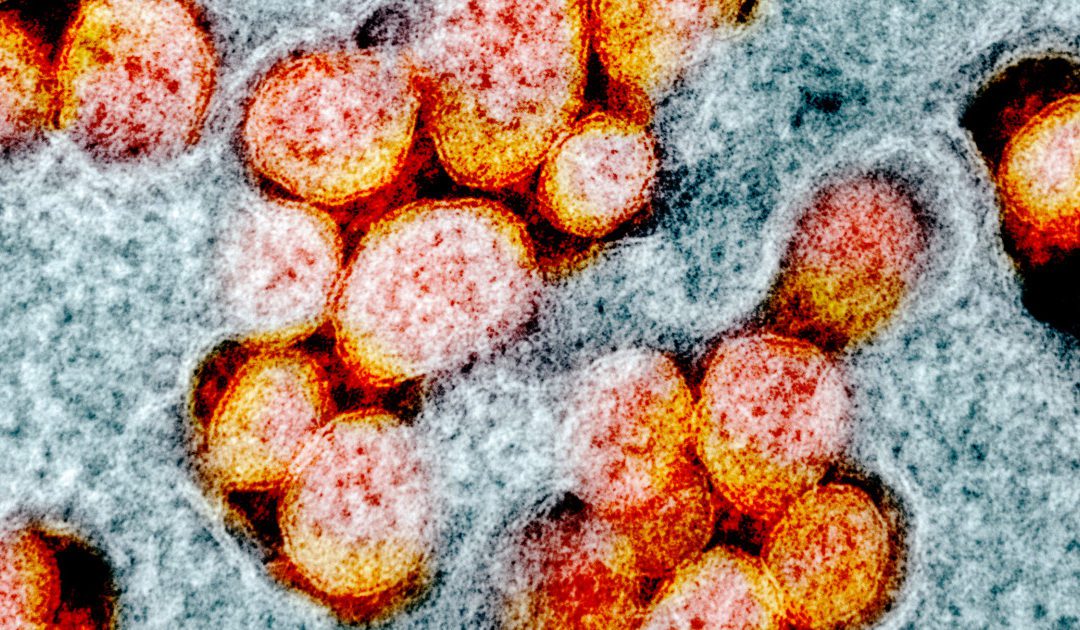When the first documented infections of the coronavirus appeared in Colorado in early March, Ann Shen, an epidemiologist at the Colorado Department of Public Health and Environment, soon began to feel very alone.
Shen tracks and investigates outbreaks of foodborne illness — like salmonella or shigellosis. But her team of about five epidemiologists dwindled as colleagues were recruited to respond to the virus. County health departments also redirected staff away from tracking foodborne illnesses to focus on COVID-19, the disease caused by the coronavirus.
COVID-19 IN COLORADO
The latest from the coronavirus outbreak in Colorado:
- MAP: Known cases in Colorado.
- WRITE ON, COLORADO: Tell us your coronavirus stories.
- DAY IN THE LIFE: How people across Colorado are coping
Shen wondered what her investigations would look like during the pandemic. Maybe people just wouldn’t get interviewed? Maybe some outbreaks wouldn’t be documented?
“We would have missed some really great data; we would have missed some clusters,” Shen said, adding, “I was very quickly feeling like it’s just me left at CDPHE.”
But then came a phone call from Elaine Scallan, a professor at the Colorado School of Public Health and a co-director of the Colorado Integrated Food Safety Center of Excellence. Scallan said she had a group of students who had been trained how to do epidemiological investigations, and they wanted to help.
“We want to still be able to do these case investigations,” Scallan said. “They’re no less important because of COVID.”
And that is how graduate students studying for careers in public health leapt straight to the front lines, switching suddenly from education to application amid a pandemic. Six epidemiology students are now conducting almost all of the foodborne illness investigations in Colorado. But dozens of others at the School of Public Health are pitching in elsewhere — doing everything from working at food banks or distributing protective gear to helping the state build an army of contact-tracers hunting for COVID-19 cases.
Already registered? Log in here to hide these messages.
Olivia Zarella, who is studying for a doctorate in epidemiology at the school, has taken on the role of coordinator for many of these efforts. Zarella was a student in Atlanta and volunteering at a local hospital not far from the headquarters for the U.S. Centers for Disease Control and Prevention when an Ebola outbreak threatened the globe in 2014. She said the experience inspired her to pursue a career in public health.
So when the coronavirus pandemic hit Colorado, Zarella watched the lessons she’d been studying jump out of the textbook and into real life. But it was also frustrating — she and her classmates had learned so much but didn’t have a way to put that knowledge to use during what may be the greatest public health crisis of their lifetimes. They wanted in.

“We’re all stuck at home, and we’re all feeling stuck and down,” she said. “We have these great skill sets and we want to help.”
Since the volunteer effort launched, more than 165 students at the school have stepped up to help in some way, she said. Each day her email inbox fills with new requests, either from organizations needing help or from students wanting to provide that help.
“Now,” she said, “we’re feeling that we really are here doing what we are supposed to be doing.”
For the foodborne illness investigations, Shen said it took about a week to get students trained on how to get their assignments, conduct the interviews and enter the information into CDPHE’s computer system. Everyone is working from home — the pandemic caused the School of Public Health to move classes online like any other university.
When interviewing people sickened with a foodborne illness, the students run through a standard set of questions. They ask what and where people ate prior to getting sick, where their water comes from and where they work. When straightforward, the interviews typically take under a half hour.
But they sometimes come with surprises.
“A lot of times lately, people seem to want to talk and ask questions about other things,” said Grace Fleming, an epidemiology student who is helping with the foodborne illness investigations.
Fleming said she tries to steer questions about coronavirus to local public health agencies. If the foodborne illness cases require follow-ups — for instance, if the sickened person works at a restaurant or another job where they prepare food — Shen handles those.
But, so far, students have conducted about 100 investigations. And Shen said she’s not feeling so alone anymore.
“It’s all worked better than I thought,” she said.
Already registered? Log in here to hide these messages.
The latest from The Sun
This content was originally published here.

